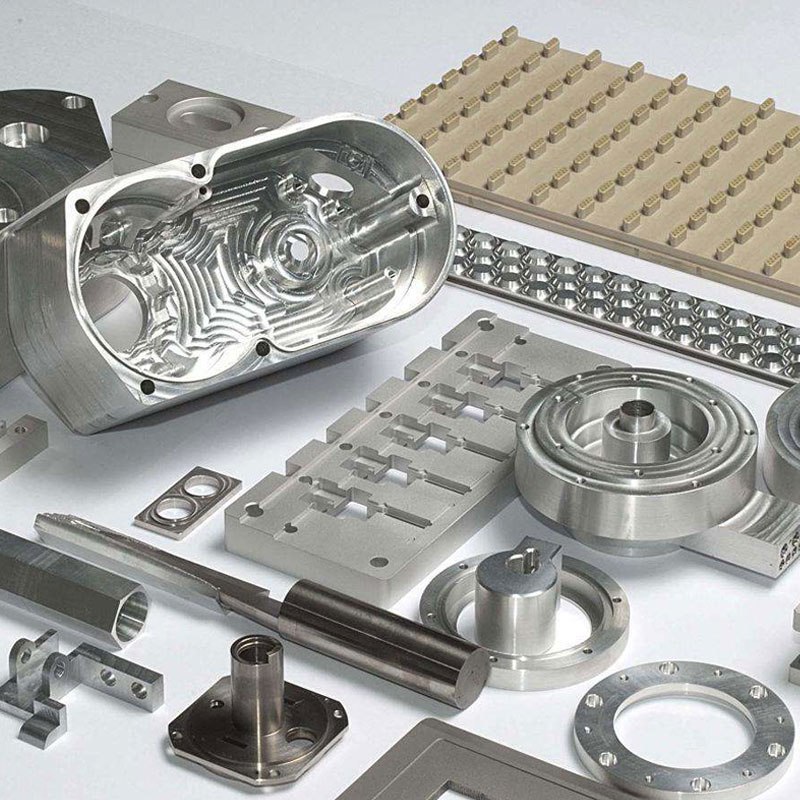The solubility of lead, tin and cadmium in the zinc alloy is very small, so it is concentrated at the grain boundary and becomes the cathode. The aluminum-rich solid solution becomes the anode, which promotes intergranular electrochemical corrosion in the presence of water vapor (electrolyte). The die castings are aging due to intergranular corrosion.
- Relatively large.
- The casting performance is good, and it can die-cast precision parts with complex shapes and thin walls, and the casting surface is smooth.
- Surface treatment: electroplating, spraying, painting, polishing, grinding, etc.
- It does not absorb iron during melting and die-casting, does not corrode the molding, and does not stick to the mold.
- Has good mechanical properties and wear resistance at room temperature.
- Low melting point, melting at 385 ℃, easy to die cast. Matters needing attention during use:
- Poor corrosion resistance. When the impurity elements lead, cadmium, and tin in the alloy composition exceed the standard, the casting is aged and deformed, which is manifested as volume expansion, and the mechanical properties, especially the plasticity, are significantly reduced, and the time is even broken.
The solubility of lead, tin and cadmium in the zinc alloy is very small, so it is concentrated at the grain boundary and becomes the cathode. The aluminum-rich solid solution becomes the anode, which promotes intergranular electrochemical corrosion in the presence of water vapor (electrolyte). The die castings are aging due to intergranular corrosion.
- Time effect
The structure of the zinc alloy is mainly composed of zinc-rich solid solution containing Al and Cu and Al-rich solid solution containing Zn, and their solubility decreases with decreasing temperature. However, due to the extremely fast solidification speed of the die-casting parts, the solubility of the solid solution is greatly saturated at room temperature. After a certain period of time, this phenomenon of supersaturation will gradually disappear, and the shape and size of the casting will change slightly.
- Zinc alloy die castings should not be used in high and low temperature (below 0℃) working environment. Zinc alloy has better mechanical properties at room temperature. However, the tensile strength at high temperature and the impact performance at low temperature both decreased significantly.











